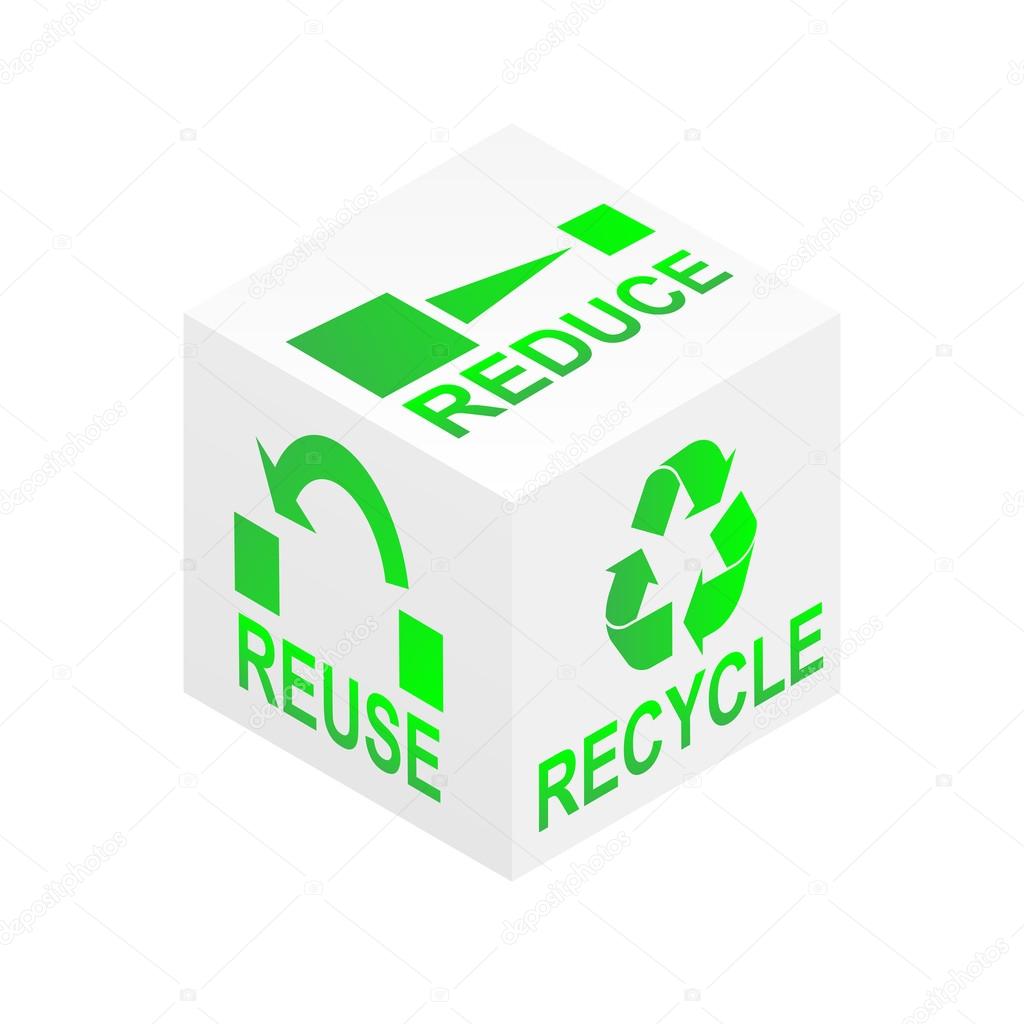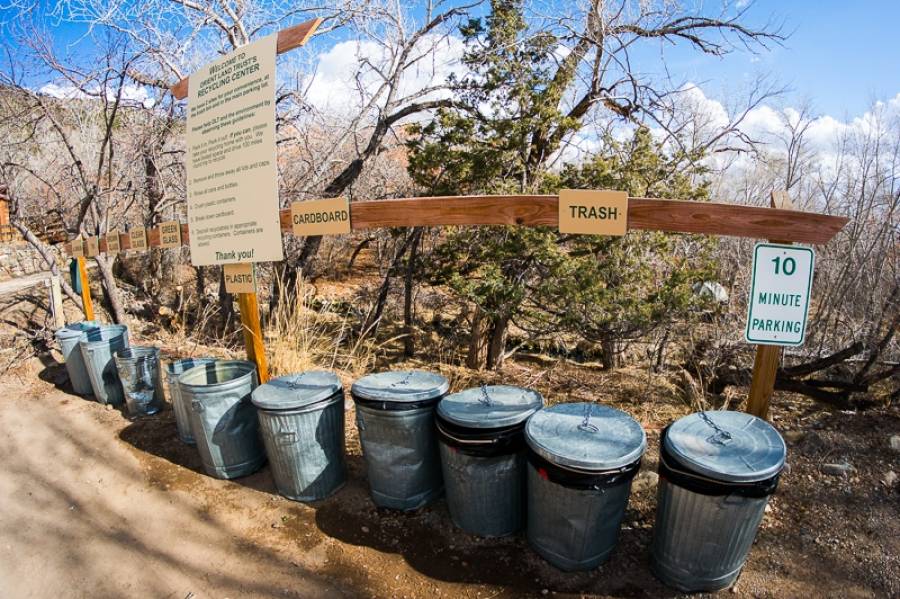

Buying in large quantities (e.g., buy one, get one free deals) only saves money if you use all the food before it spoils.īuying food from bulk bins can save you money and reduce food waste and packaging as you can purchase the amount of food you need as opposed to a pre-determined amount.For example: “salad greens - enough for two lunches”. Include quantities on your shopping list noting how many meals you’ll make with each item to avoid overbuying.

Consider how often you will eat out, if you plan to eat frozen precooked meals, and if you will eat leftovers for any of your meals. Make your shopping list based on how many meals you’ll eat at home.Plan your meals for the week before you go shopping and buy only the things needed for those meals.Make a list each week of what needs to be used up and plan upcoming meals around it. Look in your refrigerator, freezer, and pantry first to avoid buying food you already have.Keep a running list of meals and their ingredients that your household already enjoys - that way, you can easily choose, shop for, and prepare meals that you are likely to consume.If you only buy what you expect to use, you will be more likely to keep it fresh and use it all. Making a list with weekly meals in mind can save you money and time.

Below are some tips to help you do just that: Planning and Shopping Tips Planning, prepping, and storing food can help your household waste less food. LeanPath Infographic- 10 Tips and Tricks to Help Reduce Food Waste at Home Natural Resources Defense Council (NRDC) Infographic- The Refrigerator Demystified


 0 kommentar(er)
0 kommentar(er)
